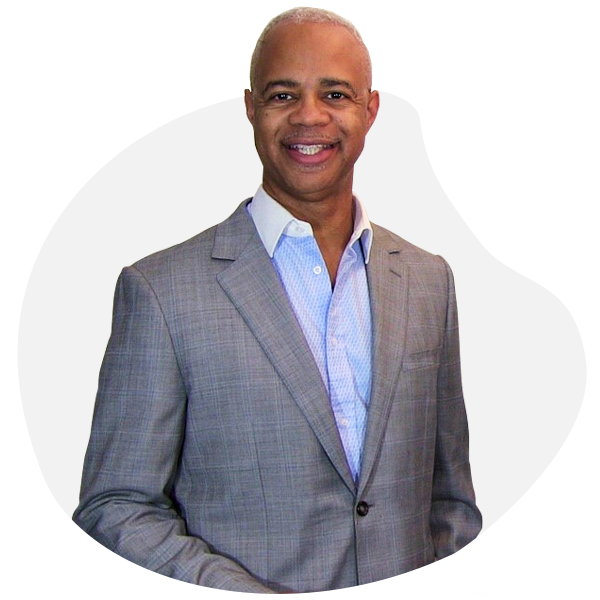Determining how much home you can afford takes some number crunching. Sure, you should look at the listing price — but that’s only one part of the equation. In reality, there are dozens of other expenses you’ll face as a homeowner.
So what should you consider when budgeting for a home purchase? These expenses are a good place to start:

- Down payment: Depending on which type of loan you’ve secured, you’ll need anywhere from 0 to 20 percent of the sales price to put down on closing day.
- Moving expenses: Whether you’re moving cross-country or down the street, you’ll likely have some moving costs to cover– truck rentals, movers, storage or even just boxes and tape. Make sure to budget for these items up front.
- Closing costs: There are a number of closing costs you’ll need to cover; these vary from state to state and lender to lender. You should receive a breakdown of these estimated costs as closing day approaches.
- Home and mortgage insurance: You’ll definitely need homeowners insurance to protect your new investment. Depending on which type of loan you have, you may need mortgage insurance as well.
- Property taxes: Unlike renters, homeowners have to pay regular property taxes. Depending on where you live, you might be able to pay in installments.
- Repairs and maintenance: From a broken dishwasher to a leaky roof, there’s often something that needs fixing when you own a home. Likewise, ongoing maintenance, like lawn care, should be budgeted for.
It’s important to understand the full scope of a home’s cost — both now and over time. Make sure you have a clear picture of what you can and can’t afford.


